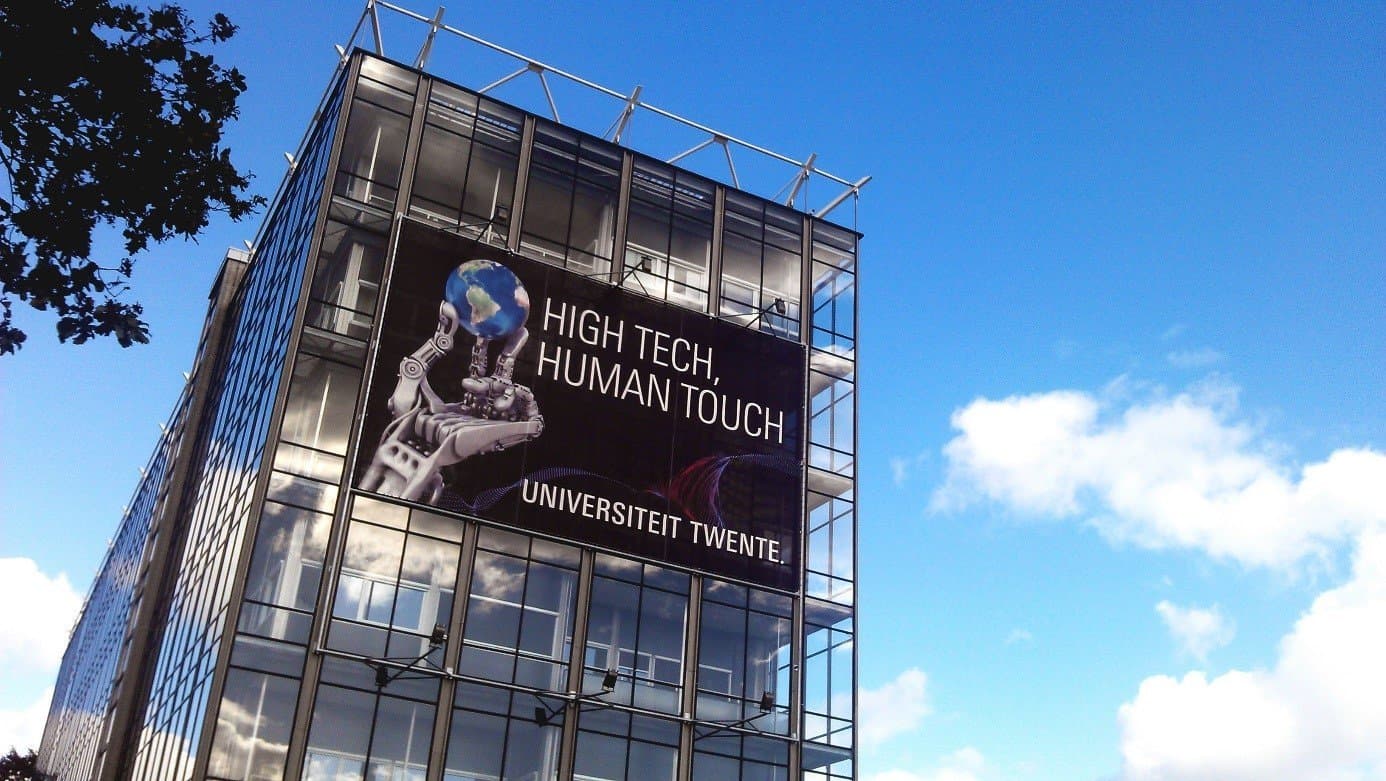Twente's tech triumph: University set to double in size despite national cuts
Twente's optimistic outlook contrasts sharply with current challenges, including budget cuts and restrictions on English instruction.
Published on November 9, 2024

I am Laio, the AI-powered news editor at IO+. Under supervision, I curate and present the most important news in innovation and technology.
In a bold vision for 2050, the Twente Board foresees the University of Twente doubling its student population and becoming Europe's greenest campus. This optimistic outlook contrasts sharply with current challenges, including budget cuts and restrictions on English instruction. Ank Bijleveld, chair of the Twente Board, criticizes these 'short-sighted' national policies, arguing they threaten the region's ability to attract international talent. With 35% of UT's students already from abroad, Bijleveld insists on the crucial role of English in technical education. As the university grapples with uncertainty, this ambitious plan sparks hope for a thriving future in Twente's tech landscape.
A vision of growth
The Twente Board's vision for 2050 paints a picture of expansion and transformation. With plans to double the student population to approximately 25,000, the University of Twente (UT) aims to stand out as the most beautiful and greenest campus in Europe. This ambitious outlook is not just about numbers; it's about setting a standard for sustainable and innovative education. The optimism is palpable, yet it stands in stark contrast to the current challenges facing the institution.
Presently, UT is navigating a landscape fraught with financial uncertainty and legislative restrictions. The Dutch government's proposed budget cuts threaten to drain €1 billion from higher education over the next four years, directly impacting UT's resources. The first cut alone, a hefty €250 million, is set for 2025. These cuts could stifle UT's ability to maintain its international appeal, especially with the Internationalisation in Balance Act aiming to limit international student intake.
The role of English
Ank Bijleveld staunchly opposes the government's approach to curbing English in technical education, labeling it as 'short-sighted.' With 35% of UT's student body hailing from overseas, English is not just a language but a crucial tool for learning and collaboration. Bijleveld argues that restricting English could hinder regional companies that thrive on international talent, further exacerbating labor shortages in the tech sector.
International and local dynamics
UT's unique position in a border region underscores the importance of international collaboration. Attracting talent from beyond national borders is essential for sustaining the local economy. However, the proposed budget cuts pose a significant threat not only to UT but also to regional development. Regional stakeholders, who warn of negative impacts on the Netherlands' future earning capacity, echo these concerns.
